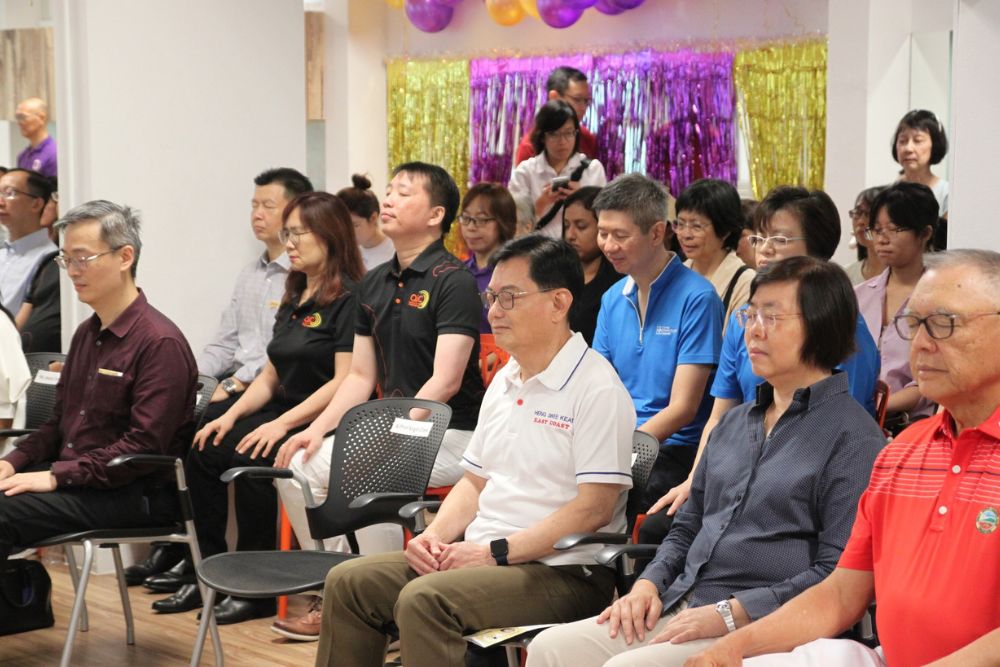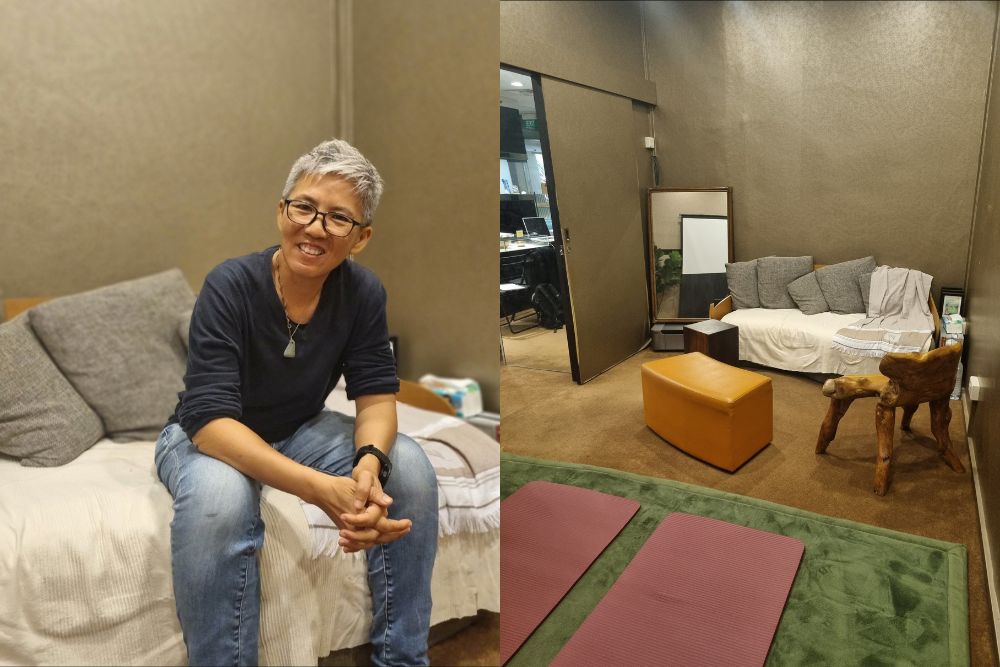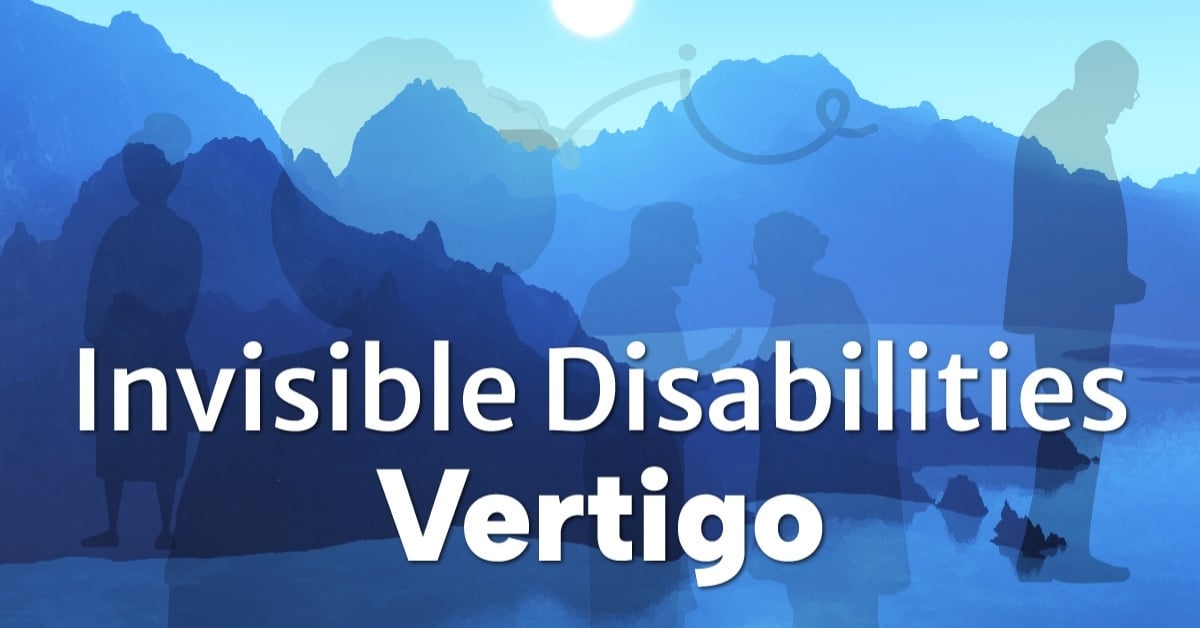
The word ‘resilience’ has gotten a lot of airtime recently in our national broadsheets, across a variety of contexts.
But what exactly does it mean, and how can we apply the nebulous concept in our daily lives?
The Cambridge Dictionary defines it as the ability to be happy or successful again after something difficult or bad has happened.
In other words, resilience means being able to “bounce back after a jarring setback”, or “roll with the punches”, says the Singapore Management University (SMU).
The university’s Centre for Research on Successful Ageing (ROSA) conducted a study on resilience just last month, examining some 2,021 Singaporeans aged 26 to 78 in terms of resilience across four domains – mental, social, physical and financial.
Advertisement
Though Singaporeans were found to generally be resilient across all domains, some notable gaps arose from the study.
Older respondents between the ages of 57 to 78 were found to have significantly lower levels of social resilience (fostering and engaging positive relationships with others to cope with adversities) compared to either the 26 to 35 group or 46 to 55 group.
Men reported significantly higher levels of mental resilience than women (the study did not speculate why, instead identifying the disparity as a vector for future research).
Housing type, level of education and employment status were also found to be significantly associated with resilience levels, meaning those that live in smaller houses, have lower levels of education, or are unemployed, were more likely to report lower levels of resilience.
The study noted that resilience in older adults led to a higher level of well-being, better quality of life, and reduced depression risk and mortality.
It’s something that bears addressing sooner rather than later, especially these domains often take time to accumulate.
We often stay healthy by exercising, meet up with a group of kakis for regular hangouts, or build a retirement kitty with smart investing. But what about the mind?
SilverStreak explores the subject within with two mental wellness practitioners. What strategies can we apply to grow our mental resilience and emerge stronger from adversity?
Making mindfulness a habit
Lily Gan is a senior counsellor and mindfulness trainer at mental health and wellness charity Brahm Centre, which has locations in MacPherson, Newton, Simei and Tampines.
The silver regularly conducts 4- to 8-week foundation mindfulness courses at the charity’s MacPherson space, located in the void deck of Block 55 Pipit Road.
"Mindfulness, really, is about paying attention to the present moment without judgement,"
says Lily.
"Whether good or bad, when we experience things, there’s often a tendency to judge the experience. In our memories, this shades the experience positively, or negatively – even if it isn’t exactly fair."
"We try to teach the people who attend our classes to take a breath and observe how you feel, really feel, before making judgement,"
she continues.
The practice of mindfulness, she says, is useful for people of any age – including the seniors who attend her classes in one of Singapore’s oldest neighbourhoods.
She estimates that around 80% of her classes are filled by silvers (who qualify for subsidies under the National Silver Academy; SkillsFuture credits can be used to foot the rest).
"Especially as you age, you encounter a lot of changes – your mind starts to work slower, your muscles get weaker. Rather than thinking ‘Oh, life sucks!’, we encourage people who attend our classes to accept the changes, and try to improve rather than becoming stuck in a rut,"
she says.
More than adopting a positive attitude
This is not merely optimism, which the SMU ROSA study identifies as having a positive attitude and mindset, one key factor contributing to mental resilience, but “changing the relationship with your own thoughts” – in other words, reframing negative events in a more neutral, or even positive light.
“Something that we always hear is parents who feel that their children don’t visit them often enough. Rather than going into a self-victimisation spiral – ‘No one loves me anymore!’ or ‘My kids have abandoned me!’ – you need to stop, and distance yourself from the thoughts that spring up straightaway.

"If you give yourself that space, you’ll usually see that they are busy with their own lives, and if you do want to see them more often, more often than not, picking up the phone and calling them about it will result in a positive outcome,"
she says.
Learn to let go
In that vein, she also advocates for letting go of grievances – both recent and further in the past.
“There’s a common saying about grudges – that it’s like taking poison, and waiting for the other person to die. Yes, it did make you angry, or maybe even boiling mad, but at some point, you have to let go, and live in the present, she says.
These thoughts are echoed by Dean Ng, co-founder of nutrition and health coaching outfit The Affirmative People with a graduate diploma in gerontology.
She makes mental mastery a huge part of her work guiding clients, even before prescribing exercise routines and nutrition programmes.
The trained para-counsellor says, “Before we can get to work with clients, we take our time to establish rapport and find out if they’re mentally and emotionally ready to go. If these needs aren’t met, you’d most likely not be in the right headspace to work on your health.”

These thoughts “that often linger at the back of your mind, sometimes from childhood” are examined during one-to-one sessions at the outfit’s quiet room in Parkroyal Collection Marina Bay.
"This lets us dig with our clients at the core of many issues. Why do you feel this way? Was it an echo from how you were treated when you were young, for example, that made you more frustrated?"
she says.
By learning to disassociate present events from feelings in the past, people are better able to focus on the now – whether that comes to post-retirement planning, which she says is a topic she often has to grapple with when coaching older clients, as well as affirmative grief.
"There’s a growing acceptance now, even among the older generation, to acknowledge your feelings and deal with them rather than push them aside. This is good as we can tackle issues with 100% of our effort."





